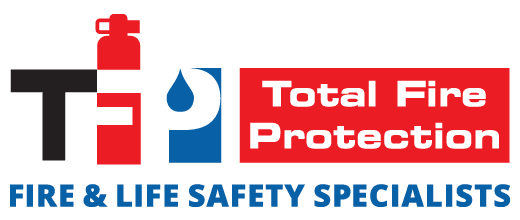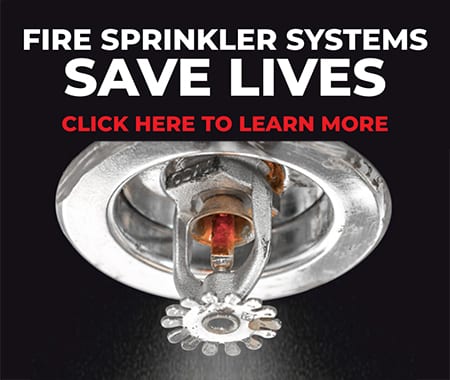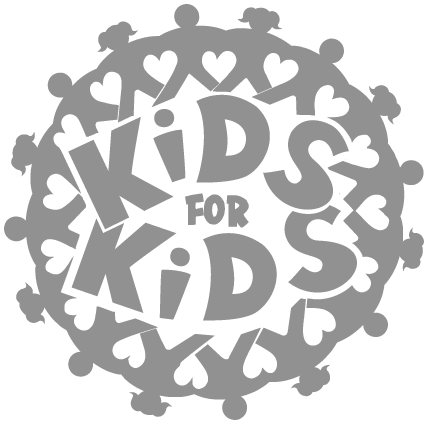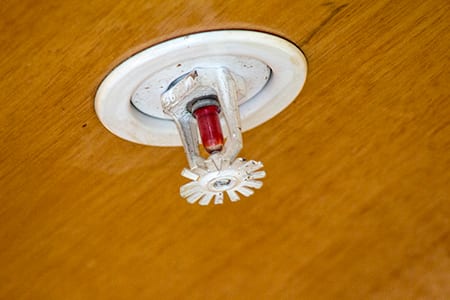 As a business owner, there are few things more important than protecting your building, employees, and equipment from fire damage, and one of the best ways to stay protected is to ensure your fire sprinkler is functioning properly. Below, we’re going to go over what a fire sprinkler system is, why it needs to be inspected, and the top five signs it’s time for an inspection.
As a business owner, there are few things more important than protecting your building, employees, and equipment from fire damage, and one of the best ways to stay protected is to ensure your fire sprinkler is functioning properly. Below, we’re going to go over what a fire sprinkler system is, why it needs to be inspected, and the top five signs it’s time for an inspection.
What is a Fire Sprinkler?
A fire sprinkler is a system installed in your business that triggers water or some other fire-extinguishing medium to be discharged in an effort to put out a fire in your building. These are designed to respond to fires automatically and immediately upon a fire being sensed.
What Does An Inspection Include?
A fire sprinkler inspection is a comprehensive check on your entire system. When completed by a certified professional, sprinkler heads, gauges, and control valves will be checked for proper functionality. Your sensors and alarm devices will be checked for damage or malfunction, and your flow valves and main lines will be inspected for corrosion, rust, or signs of damage.
How Often to Inspect
Inspecting your fire sprinkler system regularly is a necessity, and the National Fire Protection Association (NFPA) designed a testing protocol that determines how often each portion of your system should be tested.
They recommend that all mechanical parts be checked quarterly, and any portion that detects, holds or monitors pressure be tested twice a year. There are annual inspections recommended as well, and these include testing your entire system, including your alarm system and the water flow within your pipes.
Risk of Not Getting an Inspection
Although your fire sprinkler system may not be in use throughout the year, portions of it can still degrade and lead to a malfunction in a relatively short amount of time. If your equipment becomes damaged, you risk your alarm not reporting a fire, your sprinkler system not being triggered, or your equipment failing to extinguish a fire. This can lead to increased property damage, damage to equipment and documents, and, worst of all, injury or death of employees or visitors to your business.
Additionally, an uninspected system could lead to a false trigger, potentially causing unnecessary damage to your equipment and property.
The Five Signs You Need an Inspection
Now that you know how your system works and why it needs to be inspected, let’s go over the top five signs your fire sprinkler system needs to be inspected.
1) Leaks – leaking from any of your system’s parts should be a major concern and cause for immediate inspection. Leaks can lead to property and equipment damage and prevent your system from triggering properly in the case of a fire.
2) Corrosion – any metal piping in your system can become corroded or rusted, which can lead to leaking or improper function in the case of a fire. If you see corrosion or rust, or you smell rotten eggs, it’s time for an inspection!
3) Head/Pipe Damage – there are a variety of ways your system can become physically damaged, so any visual damage to your head pipe or other piping can lead to malfunction and improper water flow in the case of a fire.
4) Your System is Old – visual damage or leaking are good indicators of needing an inspection, but you should also get one done if your system is old. You may not be able to see issues with your equipment, but older materials can have internal defects or outdated parts that aren’t suitable for proper fire prevention.
5) Your Building Has Changed – lastly, if there have been any physical changes to your building, your system may have gotten damaged during construction or may need to be updated to service your altered layout.
Whether you’ve identified any of the issues above or you realize it’s time for a routine inspection, contact one of our fire safety professionals to inspect your fire sprinkler system. They’ll complete a proper inspection to help you prevent property and equipment damage and protect your employees’ and guests’ safety and well-being.
